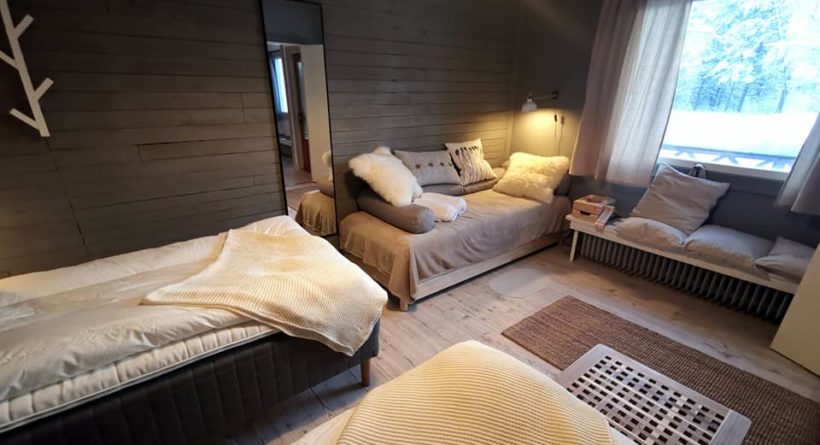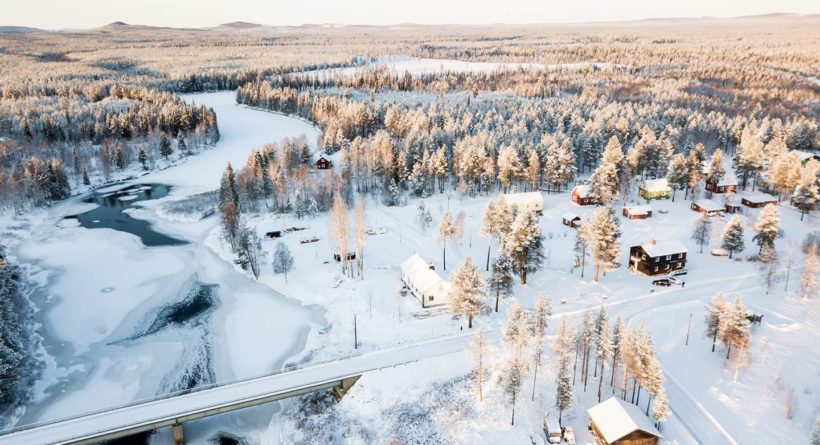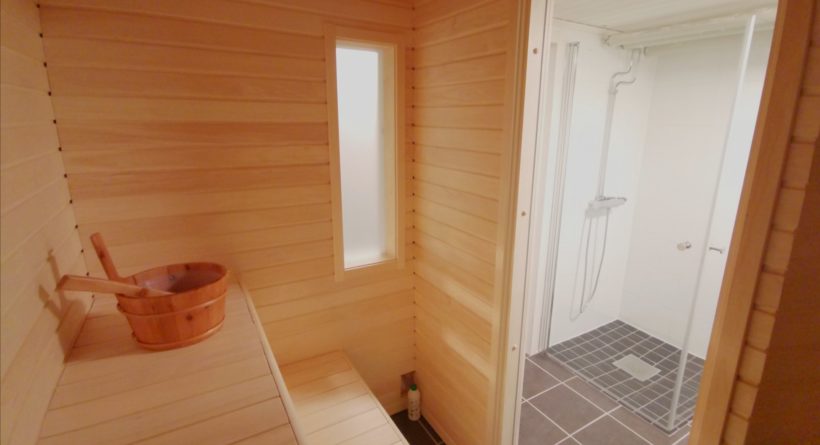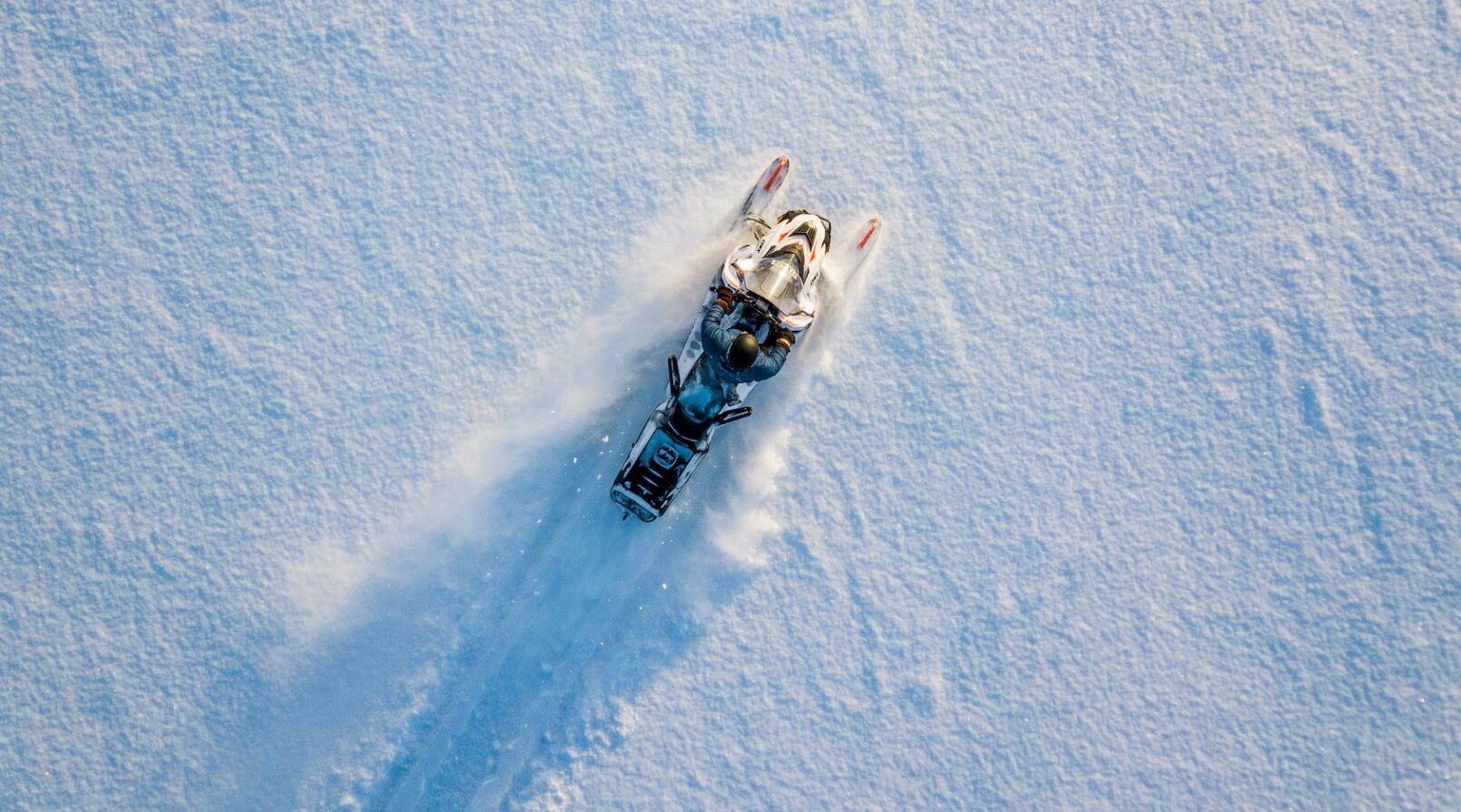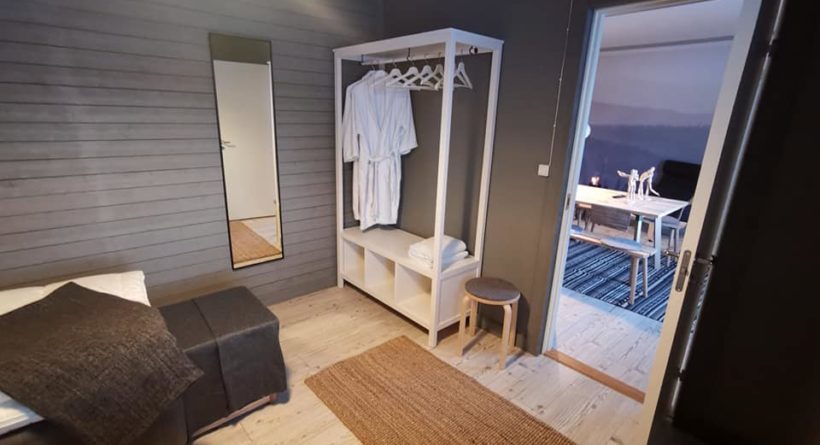The Outpost
[cbxwpbookmarkbtn]
A cozy winter lodge near the Arctic Circle that offers some of the best areas in the forest country for snowmobiling. The lodge is located in the small village of Mårdsel.
Approximately 35 minutes from Aurora Safari Camp, and an hour and a half from Luleå Airport (LLA) you will find this cozy place. The house used to be the post office of the village. Now it is renovated into a super cozy lodge with two apartments. It can be rented partially or completely, with activities or without.
Here you choose whether you want to come and book an activity program, dinners and more. Or if you want to explore the surroundings on your own. You will find many nice places for ice fishing and snowmobiling. If you choose to do it as part of a package, it fits very well with Aurora Safari Camp. The Outpost is run and owned by Jonas Geijke. The same co-owner who is behind Aurora Safari Camp. It is also excellent to combine with Arctic Retreat.
THE OUTPOST
Edeforsvägen
961 94 Mårdudden
bookings@aurorasafaris.com
+46 706 557 966


